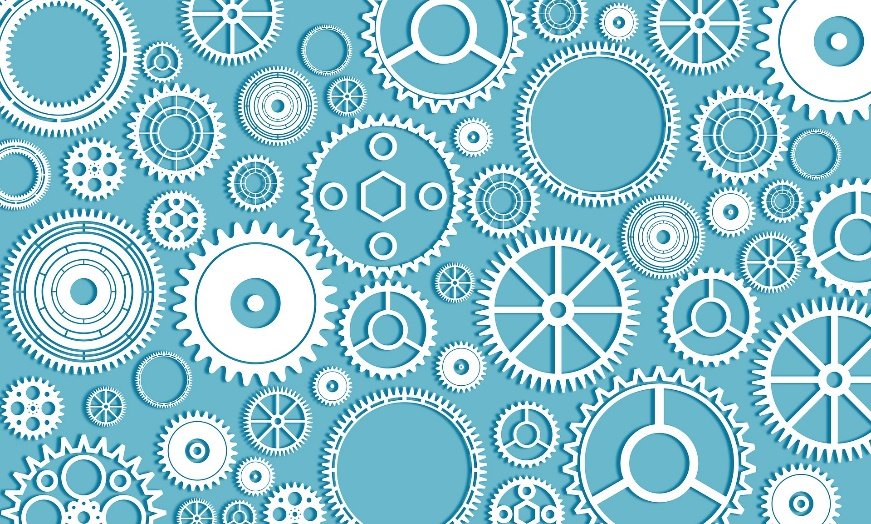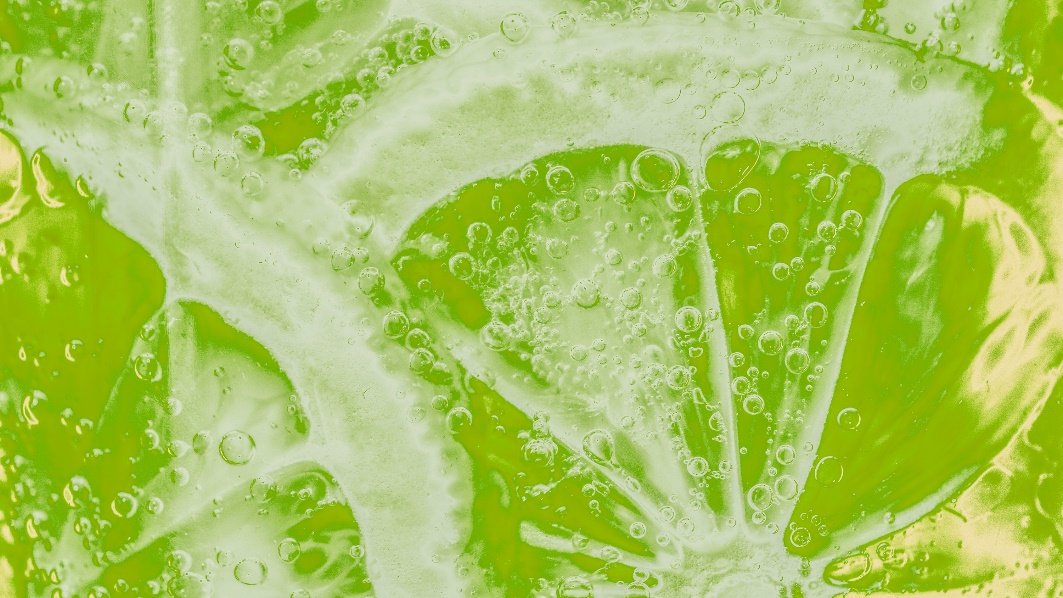
by Belinda Ollewagen | Oct 17, 2018 | water cooler
We feel thirsty; we head over to our closest water cooler and we drink water – simple problem, simple solution. But have you ever wondered exactly how your body knows when to feel thirsty and what triggers this reaction? The answer begins with your hypothalamus.
Your hypothalamus is responsible for a number of vital functions in your body, from regulating body temperature and sleep, to monitoring your appetite. And because it also monitors blood volume and pressure, it can detect, amongst other, excessive loss of fluid in sweat and diarrhea, or changes in blood sodium concentration levels. When any of this happens it sends a signal to the brain ‘drink something’, which is why the hypothalamus is known as the body’s thirst center. There are a number of factors that affect the thirst mechanism: aneurysms or other brain injuries can sometimes impair the sensors which regulate blood sodium levels; but most notably, changes can often be seen amongst the elderly where ageing can affect the body’s ability to maintain homeostasis.
But your hypothalamus triggering your thirst mechanism isn’t the only way your brain responds to dehydration. When water levels in the body drop, the hypothalamus instructs the pituitary gland to secret more vasopressin – an antidiuretic hormone which causes water to be reabsorbed from the urine, decreasing the need to urinate and conserving water until such time as water has been replenished. A condition known as Diabetes insipidus can come about if the pituitary gland malfunctions or if the kidneys no longer respond to vasopressin – in which case a synthetic drug called demopressin can be administered which mimics the function of vasopressin.
According to Brainfacts.org, an online source of information about the brain and the nervous system, ‘although much has been learned about the neural regulation of thirst, research continues. Scientists are exploring, for example, why such factors as swallowing and the emptying of fluids from the stomach appear to inhibit thirst even before the body becomes fully hydrated. Studies into the thirst mechanism also are helping unravel some of the mechanisms by which the brain motivates sleep, appetite, and other basic human instincts.’
We may only have scraped the surface of fully understanding the role the thirst mechanism plays in our body, but undeniable is the sheer brilliance of our brain! And while our body naturally seems to know what it’s doing, it would be wise to help it along whenever possible, so make visits to your water cooler a regular part of your day, because remaining properly hydrated helps your entire body perform better.

by Belinda Ollewagen | Oct 16, 2018 | instant tap, water cooler
If you’re making regular trips to your water cooler to make sure your body remains well hydrated so that it can perform optimally – well done! But if drinking regular water is starting to feel a little ho-hum, then maybe it’s time to mix things up a little, and an excellent way of doing that is to add something simple like a slice or two of lemon. Apart from enhancing the taste, lemon water also carries a number of other benefits.
Helps Prevent Urinary Tract Infections
Natural News advocates adding half a cup of lemon juice to your drinking water in the morning to help combat UTIs – lemon maintains the correct pH levels in the urinary tract preventing bacteria from growing.
Helps Strengthen the Immune System
Lemon is an excellent source of Vitamin C which, as we all know, helps combat colds and flu – especially important now as winter approaches. Not only that, but according to Greatist it’s also an antioxidant powerhouse and could help ‘decrease heart disease risk, reduce inflammation, and fight some cancers’.
Helps Reduce Inflammation
As cited on Live Strong, lemon juice helps to neutralize uric acid in the joints which is a major cause of inflammation – ‘although an acid itself, lemon juice, like apple cider vinegar, helps to promote the production of digestive juices including bicarbonate, helping to neutralize acidity in the body.’
And if preventing UTIs, strengthening your immune system and reducing inflammation is not enough reason to add lemon juice to your glass of water from the water cooler or instant taps in your breakout area, consider the aesthetic benefits: it helps neutralize the bacteria in your mouth which causes smelly breath and it aids collagen production which helps to keep your skin plump and youthful-looking. And if drunk in warm water, on an empty stomach as you start your day, lemon juice water is also said to aid weight loss as it promotes better digestion and increases your metabolism. So, go ahead and add a squeeze or two of lemon to your water – the benefits are far-reaching.

by Belinda Ollewagen | Oct 16, 2018 | water cooler
We all know that drinking water is essential to our wellbeing and that without it, our bodies would cease to function properly; which is one of the many reasons why regular trips to your water cooler are so important. But what exactly are some of the bodily functions governed by water? Here are just a few of those life-sustaining operations:
- Water helps to regulate our body temperature – when we’re hot we perspire and the evaporation of water from our skin surface helps to cool our body. Just think back to our recent heat wave and how much moisture your body lost trying to keep itself cool.
- Water helps to moisten tissues such as those found in our mouth, eyes and nose – think saliva, tears and mucous, all of which play a very important role in homeostasis. This is especially important when you’re in an air conditioned office which can dry out your skin.
- Water helps to lubricate and cushion our joints – not only that, but water allows waste products to move out of our joints allowing them to function optimally. This is especially vital to remember with strenuous exercise as lactic acid can build up and additional water is needed to flush it out of our systems.
- Water helps to keep our bowel movements regular – not something you would normally associate with your water cooler, but those extra glasses of water help the food we eat to move along our intestines. If we’re dehydrated the large intestine soaks up much-needed water from our food waste which results in harder stools and ultimately constipation.
- Water helps our kidneys and liver work smarter – being dehydrated puts an extra burden on these organs which means they are less effective in flushing out waste products resulting in toxin build-up.
- Water is also the carrier of nutrients and oxygen to our cells – white blood cells, red blood cells and platelets are all suspended in plasma which is 92 percent water. Without water acting as a delivery service, most of our cells would clog up with waste and the consequences would be dire.
And there you have it, only a few of the life-sustaining bodily functions facilitated by the ‘matrix of life’ – water. For all your water cooler needs, be sure to contact AquAid Water Coolers today.

by Fern Shaw | Oct 11, 2018 | water cooler
Now we’re in October already well into autumn, the last remnants of summer have left us (as I write this, however, the weather has been particularly summery in parts of England this week, lucky us), we’re slowly gearing up for the colder weather and perhaps, we’re already cutting back on our exercise and gearing up for more indoors and less out and about.
You may also think that with the colder temperatures this means that you shouldn’t be drinking as much water as you were during the (hot!) summer months. Reducing our water intake during autumn and winter, however, is a common error, as irrespective of the seasons, adequate hydration is necessary throughout the year.
In order to maintain optimal health, your body needs a regular and sufficient water intake as water literally feeds your entire body and is responsible for your get up and go – in order to maintain your basic health and body functions, you must remain hydrated.
Every single atom of your body consists of a high water component e.g. as much as 83% of your lungs and overall, 73% of your entire body is made up of water.
So whereas you might be adding on more layers and opting for Netflix marathons instead of exercise marathons, you still need to maintain your water ‘habit’.
That’s why, now, as with each season, is not the time to be ignoring your water cooler, or indeed, cutting back on refilling your water bottle every day, whether you’re at home, work, school or play.
Maintaining your water ‘fix’ not only helps keep you in good health during the colder weather, it will ease the transition when you begin upping your water consumption for the warmer months.

by Fern Shaw | Oct 10, 2018 | water cooler
Your heart is your body’s powerhouse; it’s basically the engine that drives you. It’s essentially a muscle – albeit an incredibly complex muscle that relies on, amongst a whole host of other functions, electrical impulses to keep beating. As with all vital organs our...





